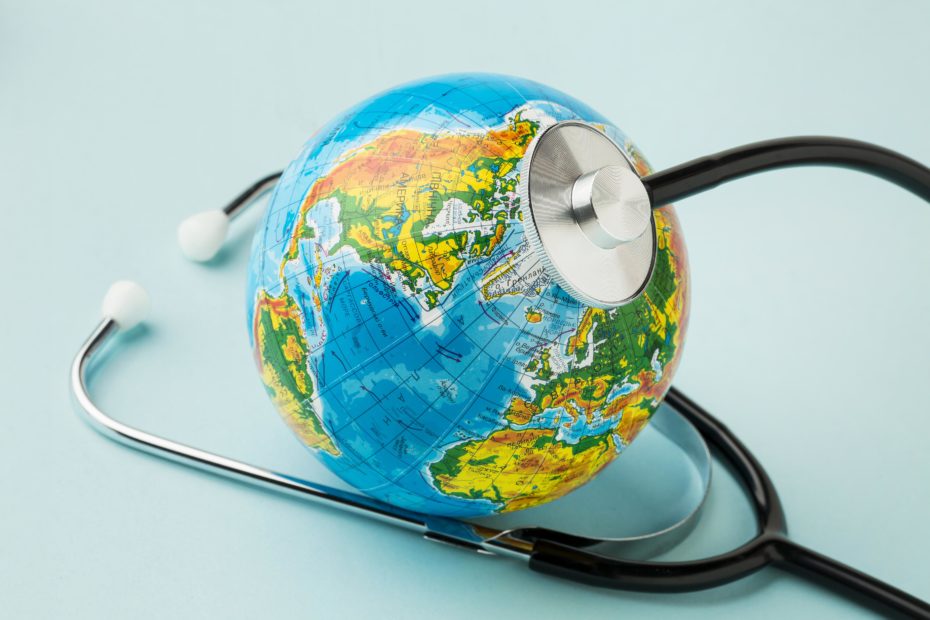By Rebecca Brown
The COVID-19 pandemic has highlighted various cracks in the function of our public institutions. One notable concern is the way in which scientific – including health – information is communicated to the public. Communication can serve different purposes. In the context of COVID-19, communication has been essential: describing the nature of the novel coronavirus, the risks it posed to health, the measures likely to reduce its spread. Some of this communication was aimed at changing people’s behaviour in order to control the infection. For instance, people were told to wash their hands regularly, for at least 20 seconds, and to avoid touching their face. Much of this information was uncertain. Emerging data on COVID-19 presented ever-changing estimates for infection and case fatality rates.
There are particular demands that are made of health communication. It needs to reach a wide audience, delivering often quite technical, uncertain information to people with varying degrees of health literacy. It needs to encourage behaviours likely to promote individual and public health and avoid causing unnecessary panic and alarm. It must also, one might argue, avoid misleading people about the facts as they are best understood. This last point suggests that health communication should adhere to the demands of honesty.
Read More »Are Public Health Institutions Honest?



